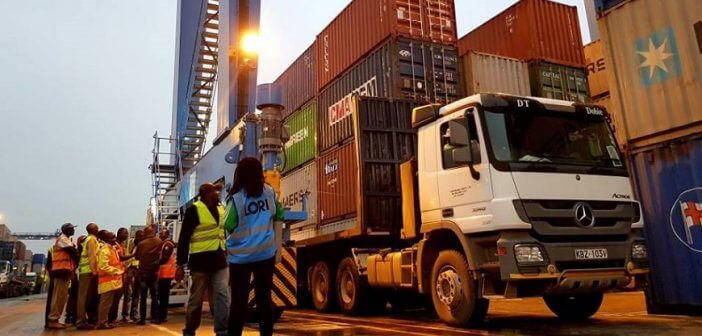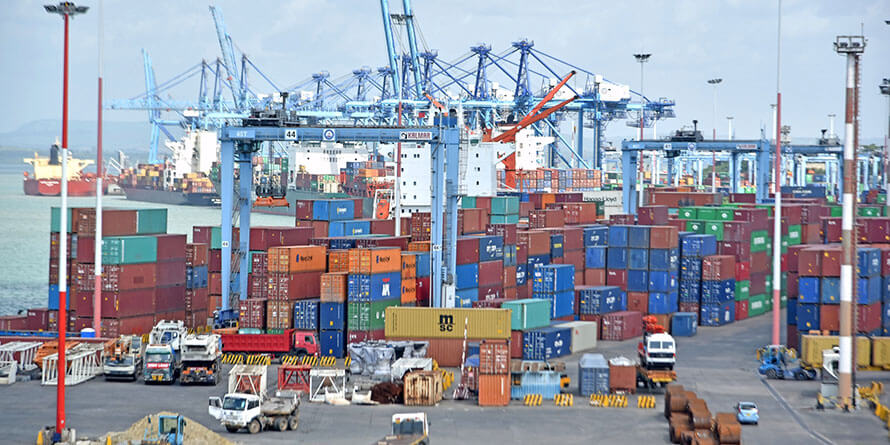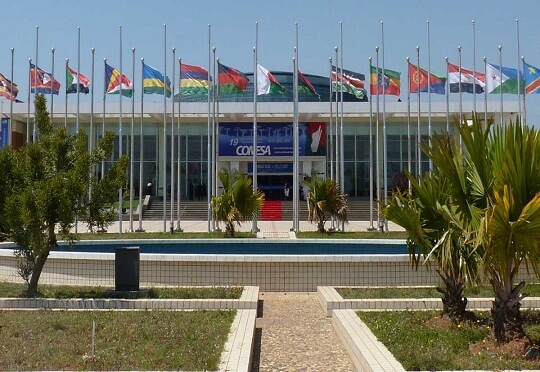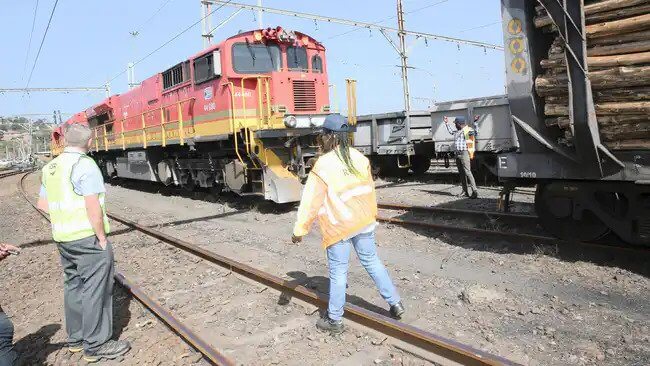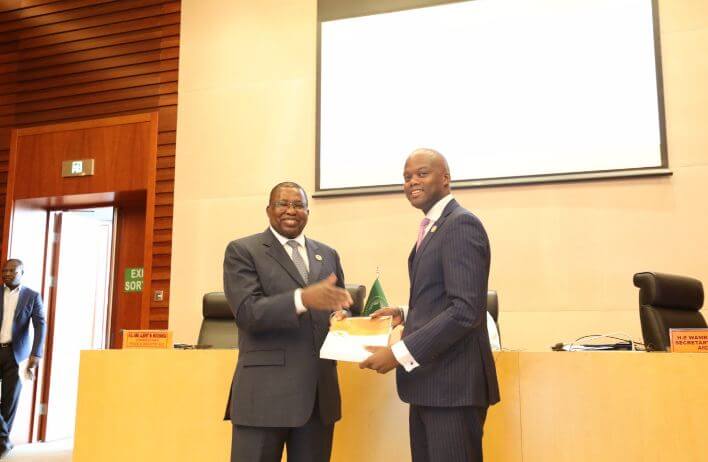In recent history virtually every continent and economic block has been trying to establish common trade area agreements as well as political unions. Africa is no different –SADC, ECA, COMESA, ECOWAS and SACU are just some of the examples of African countries trying to collaborate to drive the many aspects of social and economic development. It is a system and an idea that promises to accelerate inclusion and promote regional prosperity among neighbours and the AfCFTA (The African Continental Free Trade Area) is rapidly becoming the embodiment of that reality – 28 African countries operating as a free trade area. As expected from an agreement of this magnitude, few people fully understand its complexity and intricacies. FurtherAfrica spoke to one of AfCFTA’s strongest advocates. Mark-Anthony Johnson, CEO of JIC Holdings – an investment, trading and acquisition entity focused in Africa and emerging economies with roots back to 1985. Mark’s JIC operations are at the heart of what is poised to become the world’s largest free trade area. Fabio Scala: Mark, it’s always great to see you and very exciting to have the opportunity to discuss AfCFTA with you, so thank you very much for your time. Let me begin by asking you to give us a brief description of what AfCFTA is and its practical impacts in the participating economies. Mark-Anthony Johnson: Thank you, Fabio. Always happy to talk about Africa. But first, congratulations are due to you and FurtherAfrica on your excellent and informative platform. I am delighted to have the opportunity to...
AfCFTA: Intra-trading as the future of African economies
Posted on: August 24, 2020
Posted on: August 24, 2020


